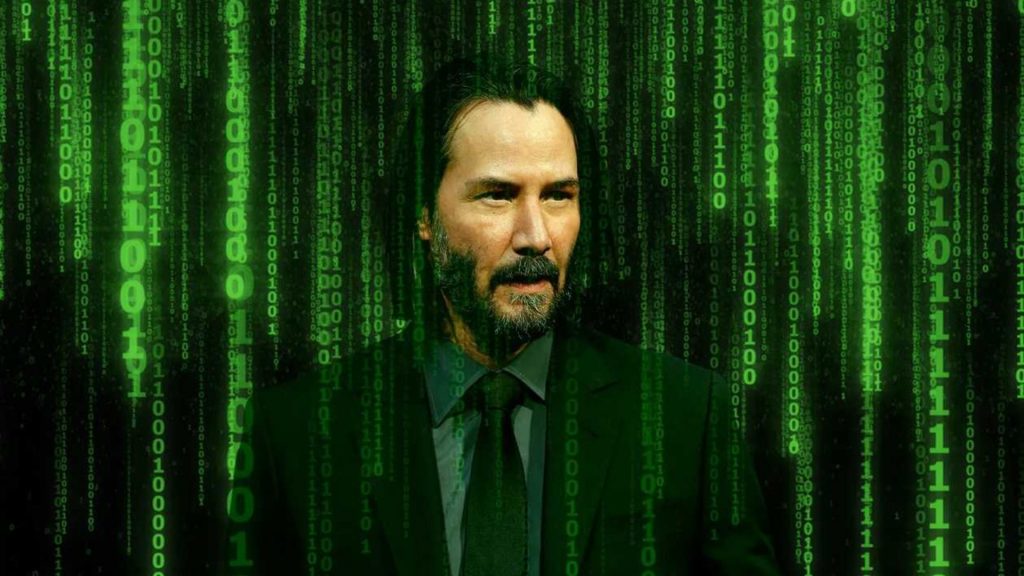The Matrix: Resurrections is a science fiction film from 2021. It is the fourth installment in The Matrix franchise and is the sequel to 2003 The Matrix: Revolutions. A film from one of the most successful movie franchises of all time. However, it did not bring in the fraction of excitement and garner the viewers’ attention it had hoped. All in all, the film was a bomb at the box office, grossing only $153 million against its investment budget of $190 million. A long way off from the first film of 1999, which made a massive $470 million, and its sequel, a whopping $742 million worldwide. The film has clearly failed to live up to the expectations that its cunning marketing tactics initially drummed up, from failing to meet its high gross estimates to earning a divided critical review. It received polarizing reviews on various film websites and magazines.

A brief insight into the plot:
The film takes place 60 years after the events of The Matrix Revolutions and is centered on the successful game developer Thomas Anderson. Thomas’ programs are based on his vague memories as Neo, and Thomas is frequently unable to tell the difference between dreams and reality as his history as “The One” begins to consume him. Thomas is eventually freed from the simulation to resurrect Neo and save Trinity from the Analyst’s latest iteration of the Matrix.
Why it failed to impress the audience
- Lack of originality: Audiences were treated as a tribute to Trinity’s struggle against the agents in the first film, complete with that time-freezing strike, but as the film progressed, this became a lot of repetition. While Neo’s fight against Smith was essentially a carbon copy of their train station encounter, with Neo going overboard with his telekinesis abilities; meanwhile, the training between him and Morpheus didn’t have the same memorable moments as when they initially met. The film failed to bring out the real essence with the action scenes. The execution was off, too.
- Covid-19: The pandemic of Covid-19 was another reason. People were afraid to go to the theatres and watch movies. But this certainly does not explain how other films were doing well that was released around the same time as the pandemic. Even when released on HBO, the film failed to accumulate the number of viewers it had hoped to bring.
- Uneventful: While watching an action movie, one expects a certain level of passion and zest from the actors as well as the director. A science-fiction film as the word suggests, is supposed to make the audience believe in the extraordinary, something they know will never happen in real life, but make it so believable that they have the urge to enjoy it. All of this was missing from the fourth installment, making it a one-time watch.
- Losing old fans: The first Matrix film came out in 1999, two decades ago. The audience that watched the movie then were glued to the seats and blown out of their minds. The same audience who watched this film felt not a fraction of the eagerness, and their anticipation was vain. The fans disliked the movie, and some even went as far as calling it a ‘forced’ production.
- Vague marketing: A film coming from the basket of one of the most successful franchises, it failed to grab the attention of the public. The advertisements were indefinite, which was unable to stick to the public’s mind. The older generation of fans was undoubtedly excited to see Keanu reprise his role in the movie again, but the much younger crowd, which makes up the majority of the audience, did not feel the need to watch the film. Critics and magazines said that a big-budget movie was not marketed and showcased the way it should have. The film did not even have a proper schedule of release.
It’s future that are best
The film producer told a magazine that there was no indication of plans to make another matrix film. Although what the future has in for The Matrix is uncertain, critics and the media have sort of marked the death of the franchise.
Comments are closed.